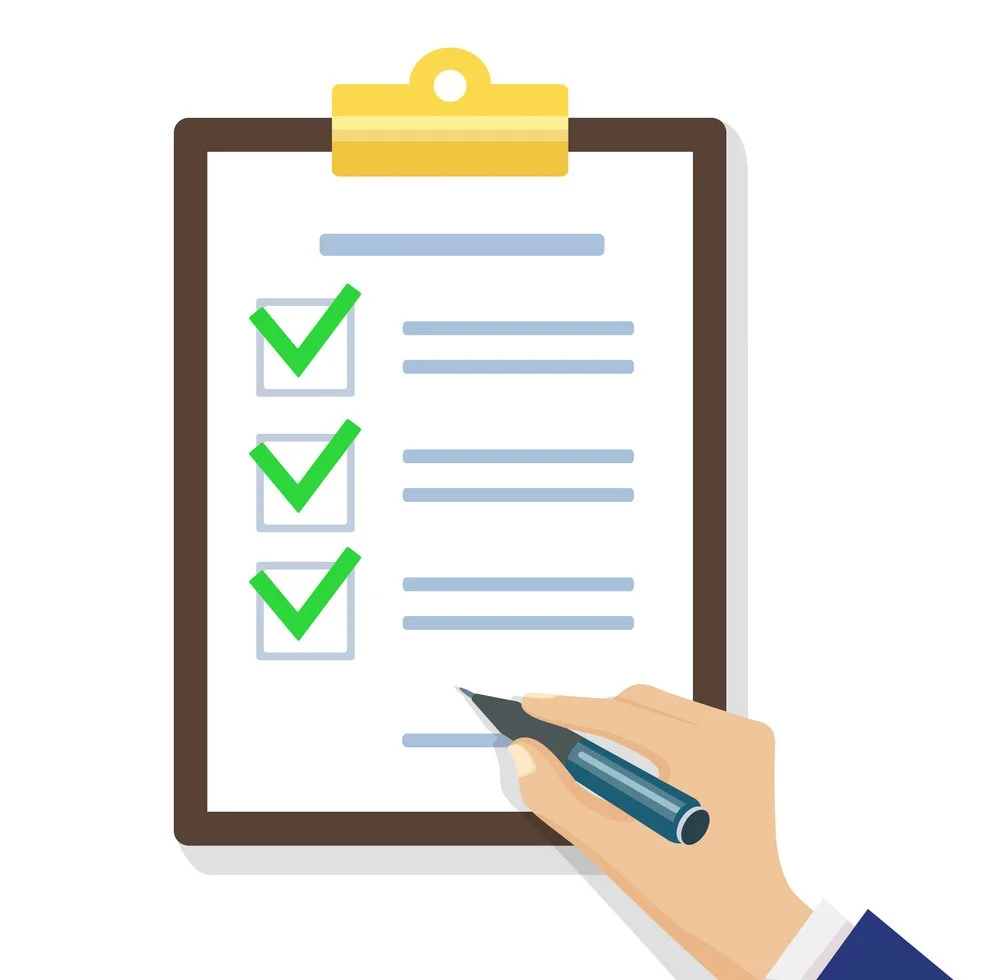A lowest interest personal loan can be a savior if you are in need. It is quick money transferred to your bank account within an hour, depending on how fast you process your application. A quick paperwork and the loan is approved. You are free to use this money according to your needs.

The loan amount offered depends largely on the credit score. Everyone has a credit score, and you are no exception to this rule. If you haven’t checked your credit score yet, do it now. Credit Score is checked on a scale of 300-900, where 700 is considered a good score.
Credit Score is an important factor in determining the interest rate. Your lowest interest Personal Loan will depend on your credit score. If it is well over 700, you can expect a personal loan at a lucrative interest, but never mind if your Credit Score is low, you can still negotiate the best interest rate.
If you have a history of borrowing, you can leverage your relations with your lenders. The good thing is that lenders offer personal loans at reduced interest rates to existing customers. It hardly matters whether you took a loan recently or in the past; you can still leverage your relations with lenders.
Lenders also offer pre-approved personal loans depending on the Credit Score. Pre-approved is often the lowest interest personal loan, you can take advantage of. Pre-approved offers rain during festive seasons or when lenders have surplus money to offer. However, emergencies don’t wait for pre-approved loans. If you have a financial emergency, you should move your loan application faster.
If you are in a financial emergency and need quick money, you can rely on a quick loan. A lender is a friend in need, whom you can approach for help. The lender will ask for quick paperwork and release a promised amount. The good thing is that the lender will approve a loan that you can repay without feeling any pressure on your savings or earnings.
A lowest interest personal loan can provide you a financial breather and some time to strengthen your finances. The lender will help fulfill your financial responsibility and allow you time to repay the loan. In this way, you can prevent your savings from draining and assets liquefying during financial stress.
Borrowing money at lowest interest rate is the new way to invest your money. The advantage of a personal loan is it can be used for shopping, traveling, home renovation, buying gadgets, or buying vehicles. You can fulfill your dreams of leading a luxurious life with the help of loans that you can repay in easy installments.
Check your lowest interest personal loan today and borrow the money before it is gone. Why wait for a long time to buy a gadget or renovate your home, when you have the option to fulfill your dreams today?
The detailed information on eligibility criteria for Personal Loan is mentioned below!

Apply for Personal loan online from Money Bharti easily. Get your Personal loan approved by top banks instantly.
1. Apply with a click.
2. Get your documentation done online.
3. Get your Personal loan approved and disbursed in the shortest interval of time from Money Bharti.
| Bank | Rate of Interest |
|---|---|
| HDFC Bank | 10.25% |
| IndusInd bank | 10.25% |
| Standard Chartered | 10.75% |
| Axis Bank | 10.99% |
| Kotak Mahindra | 10.75% |







Secured loans require collateral (such as a house or a car) to back the loan, providing security for the lender in case the borrower defaults. Unsecured loans do not require collateral but typically have higher interest rates as they pose a higher risk to the lender..
The interest rate is the cost of borrowing money, expressed as a percentage of the loan amount. It is determined by factors such as prevailing market rates, the borrower's creditworthiness, and the loan term.
Missing a loan payment can result in late fees, penalty interest rates, and negative effects on your credit score. If you continue to miss payments, the lender may take further action, such as reporting the delinquency to credit bureaus, initiating collection efforts, or even seizing collateral (for secured loans).
In many cases, yes, you can pay off your loan early. However, some loans may have prepayment penalties or fees for early repayment. It's essential to check your loan agreement or consult with your lender to understand any potential costs associated with early repayment.
The required documentation varies depending on the type of loan and the lender. Common documents include proof of identity, proof of income (such as pay stubs or tax returns), bank statements, and information about any assets or debts. It's best to check with your lender for specific requirements.